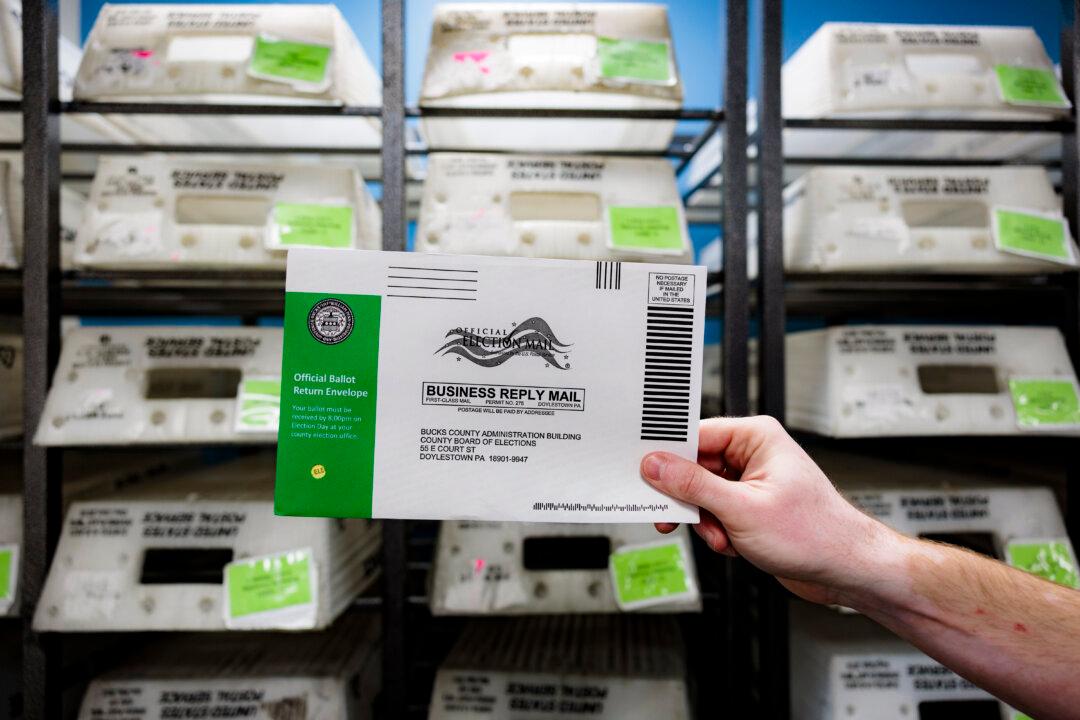The Pennsylvania Supreme Court has agreed to hear a challenge from the Republican National Committee (RNC) and the Republican Party of Pennsylvania against lower court rulings that require counties to notify voters of defective mail-in ballots and allow them to fix those errors so the votes can be counted.
In an Oct. 5 order, the Pennsylvania Supreme Court granted the RNC’s petition for appeal, agreeing to examine whether the Commonwealth Court was mistaken in its ruling that Washington County’s policy of not notifying voters about defective mail-in ballots violated their due process rights. The appeal will also examine whether the court was correct in affirming that voters who cast defective mail-in ballots should be given the opportunity to fix their ballots or cast provisional ballots on Election Day.





